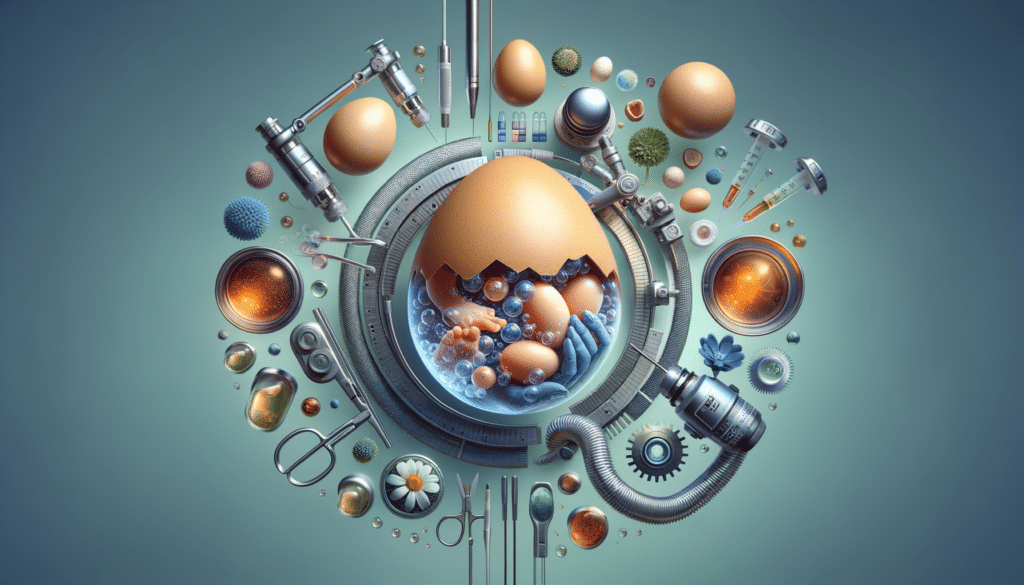Introduction to Egg Donation
In recent years, the concept of **egg donation** has gained significant attention as more individuals and couples explore alternative paths to parenthood. This process, which involves a woman donating her eggs to help another achieve pregnancy, is a profound act of generosity and hope. But what exactly does egg donation entail, and why is it becoming a popular choice for many?
The Process of Egg Donation
The journey of **egg donation** begins with a thorough screening process. Potential donors undergo medical and psychological evaluations to ensure they are suitable candidates. Once approved, the donor undergoes a series of hormone treatments to stimulate egg production. This is followed by a minor surgical procedure to retrieve the eggs.
For recipients, the process involves selecting a donor, which can be done through an agency or fertility clinic. The retrieved eggs are then fertilized with sperm in a laboratory setting, and the resulting embryos are transferred to the recipient’s uterus.
Why Choose Egg Donation?
There are numerous reasons why individuals or couples might consider **egg donation**. For some, it is a solution to infertility issues, such as premature ovarian failure or genetic disorders. For others, it is a way to build a family later in life or as part of a same-sex couple. The emotional and psychological benefits of achieving parenthood through egg donation can be life-changing.
Legal and Ethical Considerations
Egg donation is not just a medical procedure; it also involves legal and ethical considerations. Donors and recipients must navigate complex legal agreements that outline the rights and responsibilities of each party. Ethical considerations include the anonymity of the donor and the future rights of the child. It is crucial for all parties involved to have a clear understanding of these aspects before proceeding.
The Emotional Impact of Egg Donation
The decision to become an egg donor or recipient is deeply personal and can have a significant emotional impact. Donors often experience a sense of fulfillment and pride in helping others achieve their dreams of parenthood. Recipients, on the other hand, may feel a mix of gratitude and anxiety as they embark on this journey. Support from family, friends, and counseling services can be invaluable during this time.
Conclusion: A Path to Parenthood
Egg donation offers a unique path to parenthood for those who may not have other options. It is a testament to the power of science and the generosity of the human spirit. As more people become aware of and open to this option, it is essential to continue the conversation about the benefits, challenges, and ethical considerations of egg donation. Whether you are considering becoming a donor or recipient, understanding the process and its implications is the first step towards making an informed decision.
